Environment law lacks waste policies
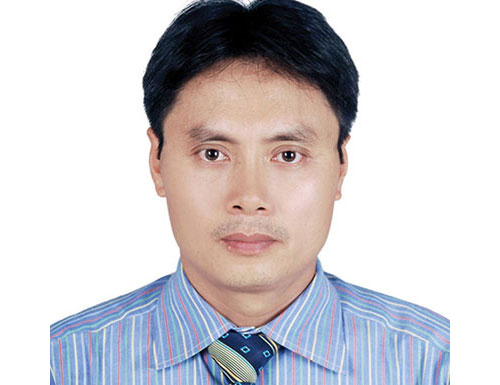 Reduce, reuse, recycle
Reduce, reuse, recycle
Measures to reduce, reuse and recycle (3Rs) waste have been used widely for waste management internationally, with priority placed on preventing and reducing waste as a starting point. For example, Germany’s Law on Waste Management issued in 1972 stipulates a rank-based priority principle: Waste prevention and avoidance, recovery and final disposal.
Vietnam has been a member of the Asia Pacific Forum on the 3Rs since 2009. Additionally, Vietnam issued guidance in 2009 on approving the national strategy for the integrated management of solid waste up to 2025 with a vision to 2050 which stressed that “Solid waste management must be performed in an integrated manner to prevent and reduce waste at the source, which is the top priority task, and to increasingly reuse and recycle waste to reduce the volume of waste to be buried.”
The draft amendment to the Law on Environmental Protection (LEP) largely fails to underscore this principle and also fails to highlight incentives to apply cleaner production and waste management at businesses to reduce waste at their point of origin, something the draft should obviously address.
Another issue of no less importance is the application of sound economic tools. Many economies use a pay-as-you-throw mechanism. Some countries have also imposed taxes on waste that needs to be buried, otherwise known as a landfill tax. This mechanism has helped limit waste burial, while encouraging the application of non-burial technologies like incineration, compost processing and biogas.
Therefore the law’s guiding documents would need to take into account the use of these economic tools to decrease waste in the coming time, and also to limit the volume of solid waste that needs to be buried in the long-term.
Classification of solid waste
The classification of solid waste produced at source was stipulated in the 2005 LEP and its draft amendment. However, this activity has failed to be implemented at a household level, because waste burial is commonly employed in Vietnam. Other treatment technologies like compost processing, incineration and biogas remain uncommon. In some pilot projects, solid waste from households has been collected and classified, but they are then brought to landfills. In addition there are no specific guiding documents on waste classification, which is combined with limited public awareness on waste classification.
In order for the classification of solid waste at their point of origin to be successfully implemented, there needs to be flexible treatment methods at different areas. For instance, in rural areas, these methods can include compost processing and burial, with solid wastes classified as recyclable, organic and inorganic. In big cities, the methods can include burial and incineration, with solid wastes classified based on whether they can be recycled, incinerated or treated in another way.
Thus classification of solid wastes needs to be implemented based on the characteristics of each locality, with the combination of the application of burial limiting technologies and roadmaps to construct solid waste treatment facilities. If this proposal is well received, the government’s waste treatment policies can be put into practice.
Specifications on imported scrap
Although the LEP2005 and some guiding documents have stipulated regulations on importing some types of scrap for production, the implementation of the law and documents remains difficult due to many loopholes, such as unclear regulations on distinguishing scrap from waste. Consequently, many enterprises have used the loophole on scrap imports to import waste into Vietnam.
In order to resolve this shortcoming, the draft amendment to the LEP2005 has stipulated that imported scrap must meet environmental technical criteria and must be named in the government’s list of scrap allowed for import.
The problem now is how to draft and issue national technical criteria on scrap. Again, this problem has failed to be made clear in the draft law’s regulations on environmental technical criteria and environmental standards (outlined in Chapter 11).
The draft law has also included environmental technical criteria for surrounding environmental and technical criteria for waste. However, it has failed to cover any regulations on technical criteria for scrap.
It is therefore necessary to consider and supplement more specific regulations on technical criteria for imported scrap, and also to reconsider and supplement the concept of “environmental technical criteria” in the draft’s glossary in the new LEP.
Extended producer responsibility
Under extended producer responsibility (EPR), a mechanism widely applied in many countries, producers and importers have to retrieve and dispose of used products. This mechanism can help boost recycling and promote environmentally-friendly products.
In many countries, EPR is stipulated in many legal documents based on product type. For example in Germany, EPR is applied to products such as packaging, batteries, obsolete vehicles, used oil, and electrical and electronic products. Japan has laws for each of type of waste.
Vietnam’s LEP2005 and its draft amendment have also outlined the responsibility for producers for recovering and disposing of such products. On August 9, 2013, the prime minister also enacted the Decision 50/2013-QD-TTg on the retrieval and disposal of waste, and the decision’s guiding circular is being drafted by the Ministry of Natural Resources and Environment.
In order for the EPR to be successfully applied, there should be good waste collection, recycling and treatment infrastructure, while public awareness on waste disposal and management must improve. Because each type of waste has its own characteristics, EPRs should be specifically drawn up to deal with certain types of waste.
Managing environmental and waste data
Waste management data is very important for forecasting and formulating policies, strategies on environmental protection and development of waste treatment facilities. At present, waste management data in Vietnam is not sufficiently collected and analysed. The draft law has also failed to clearly mention this type of data.
State management of waste currently falls under the remit of ministries and sectors like construction, industry and trade, agriculture and rural development, health and transport. Meanwhile, localities are in charge of directly managing waste. In order to develop a good database on waste management, there should be regulations on combining data and sharing such information among ministries and sectors. Localities must also have clear guiding documents on waste management so that they can more effectively manage waste.
If these issues are addressed in the revised LEP and its guiding documents, there should be significant improvements in the effectiveness of the new law.
VIR would like to apologise for an error printed in our issue No1174 which mistakenly stated that “Vedan was discovered polluting the Dong Nai River”. This should have read “Vedan was discovered polluting the Thi Vai River”.
What the stars mean:
★ Poor ★ ★ Promising ★★★ Good ★★★★ Very good ★★★★★ Exceptional
Latest News
More News
- Going green to save a bundle (June 08, 2015 | 10:00)
- Green buildings: the rising trend (June 02, 2015 | 09:41)
- Green buildings – key to sustainable urban development in Vietnam (May 18, 2015 | 17:00)
- Feed-in tariffs continue to haunt green energy prospects (December 15, 2014 | 10:47)
- Building material types intrinsic to green ratings (December 09, 2014 | 11:56)
- Turning an eco- smart dream into reality (December 09, 2014 | 11:55)
- Green products enjoy a growing presence at Vietbuild Hanoi 2014 (December 01, 2014 | 10:06)
- Country profits from green building (November 24, 2014 | 11:02)
- Firms flout enviroment laws (November 17, 2014 | 10:48)
- Energy efficient sticks and carrots (November 10, 2014 | 15:30)


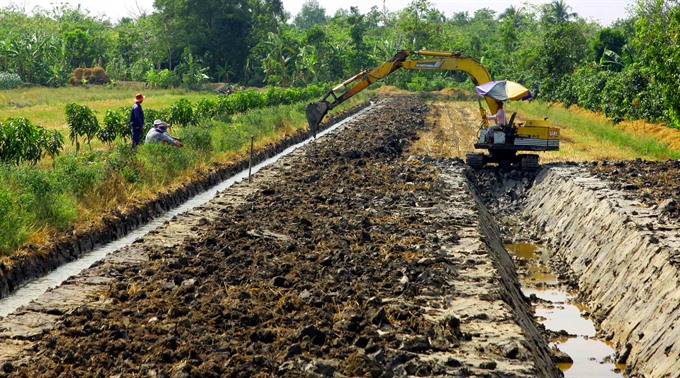
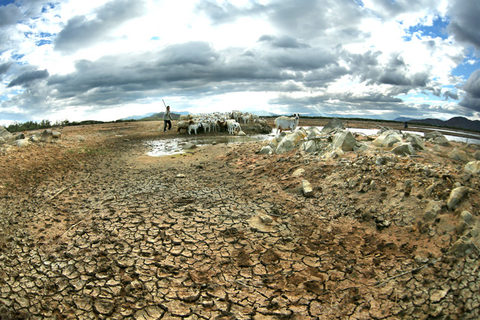
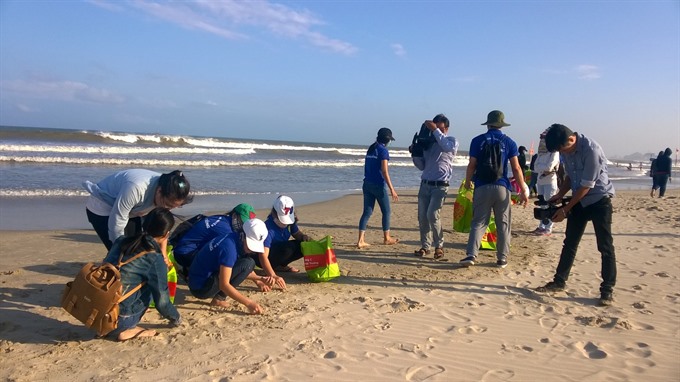
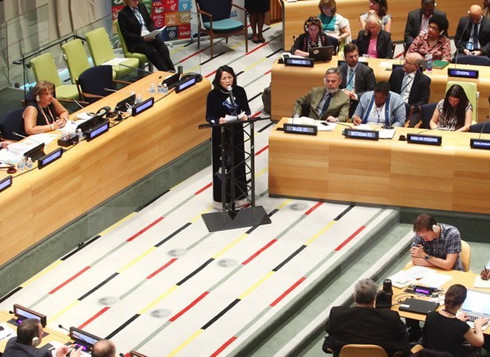
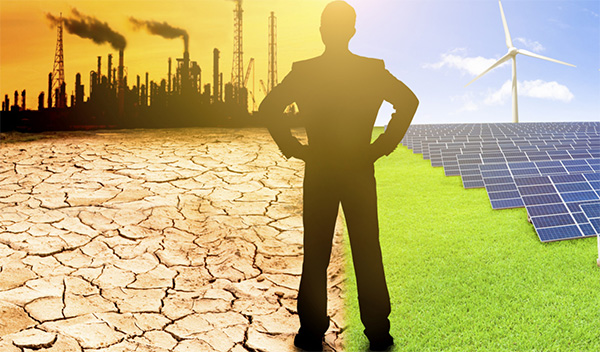
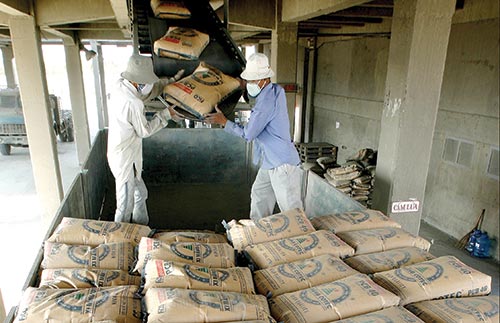
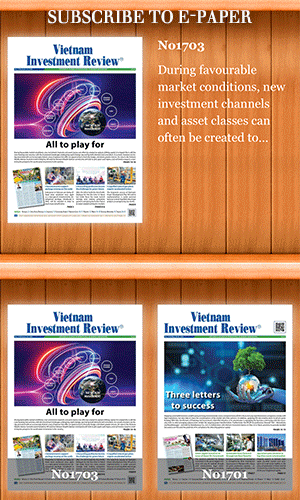









 Mobile Version
Mobile Version